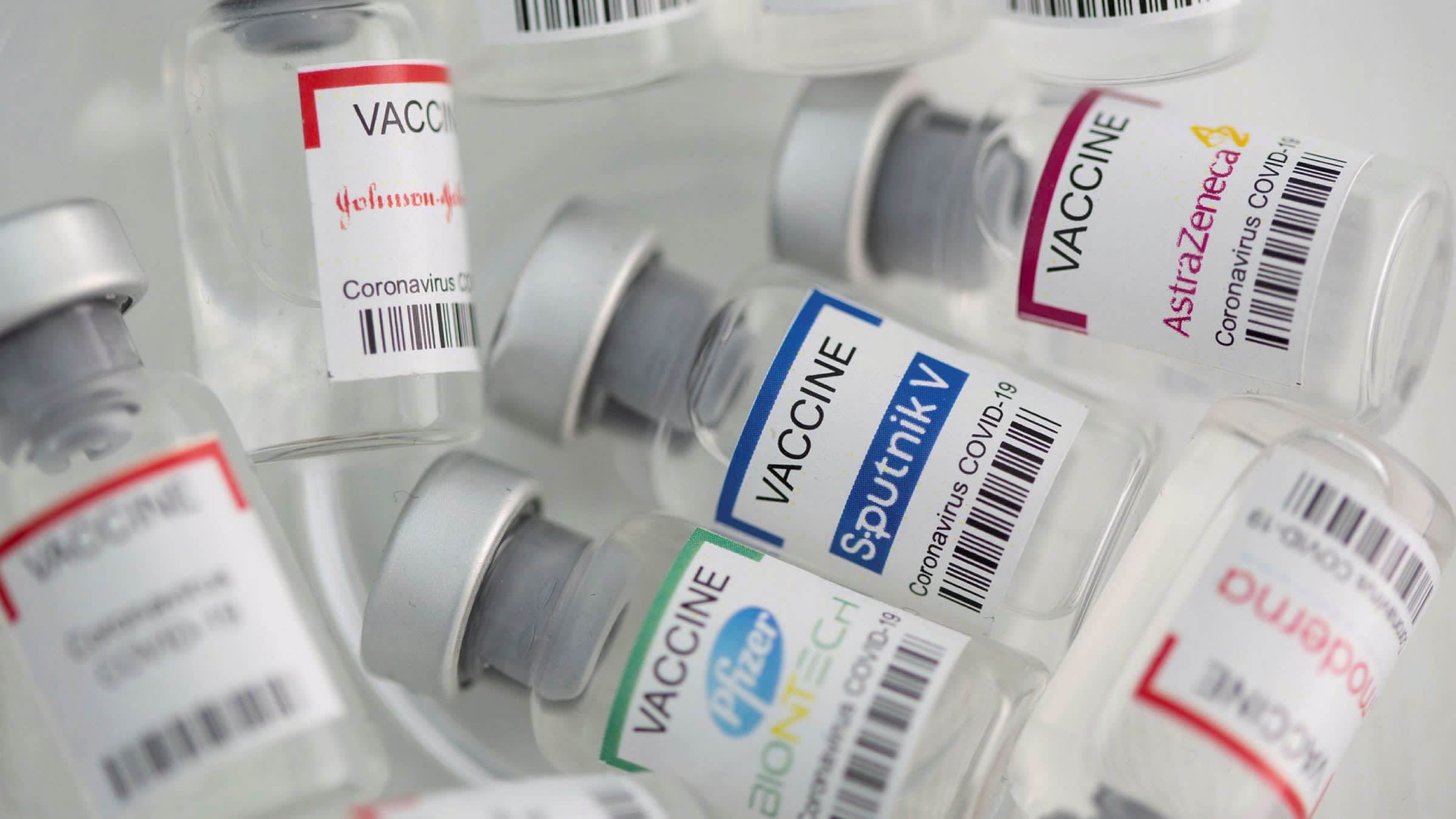
The United States has expressed support for waiving Trade Related aspects of Intellectual Property Rights (TRIPS) for Covid-19 vaccines. US Trade Representative Katherine Tai shared her country’s stand amidst World Trade Organisation (WTO) discussions on easing global trade rules to enable vaccine access to the developing world, saying, “The Administration believes strongly in intellectual property protections, but in service of ending this pandemic, supports the waiver of those protections for COVID-19 vaccines.”
This is significant because many pharma majors are reluctant to allow production of their vaccines in other countries or in facilities not owned or controlled by them. Pharma majors believe this would stifle innovation and disincentivise large investments into Research and Development (R&D). India has already been I the global crosshairs for its thriving generics market where Indian companies allegedly reverse engineer international drug formulations to produce cheaper variants. Thus, the anti-waiver stand of pharma countries and many wealthy nations had significantly reduced the quick and safe availability of high-quality vaccines at affordable prices to people in developing nations.
India has welcomed the Biden-Harris administration’s support for IPS waivers. In a statement released, New Delhi said, “We welcome the statement on US government on 5th May announcing their support for the initiative. We are hopeful that with a consensus-based approach, the waiver can be approved quickly at the WTO.”
India and South Africa had originally proposed the IPR waiver in October 2020. If the waiver was granted, it would allow countries who are WTO members to choose to neither grant nor enforce patents and other IP related to all Covid-19 drugs, vaccines, diagnostics, and other technologies, including masks and ventilators, for the duration of the pandemic. This would provide countries with the policy space needed to collaborate in R&D, manufacturing, scaling up, and supplying Covid-19 tools. The proposed waiver would be applicable only to Covid-19. It does not suggest a waiver from all TRIPS obligations, nor does it suggest a waiver beyond what is needed for COVID-19 prevention, containment and treatment.
In November 2020, Eswatini, Kenya, Mozambique and Pakistan also backed this landmark proposal. But Australia, Brazil, Canada, EU, Japan, Norway, Switzerland, UK and US were opposed to it at that time.
Just hours after Tai’s statement, other nations too started showing support for the idea. European Commission President Ursula von der Leyen told media persons, “The EU is also ready to discuss any proposal that addresses the crisis in an effective and pragmatic manner.”
Meanwhile, the EU is also sending medical aid to India in a humanitarian outreach program to help the country combat Covid that is spreading relentlessly. This includes medical equipment and medicines worth € 100 million.
The EU stands by India in these difficult times.
EU countries have channelled over €100 million worth of medical equipment & medication to India under the EU Civil Protection Mechanism.
We are ready to help further. I’m looking forward to the ???? Leaders’ Meeting on 8 May. pic.twitter.com/EEZLc8mnTK
— Ursula von der Leyen (@vonderleyen) May 6, 2021
Meanwhile, shortages of life-saving drugs and Covid vaccines continue in India where over 4 lakh fresh cases are being reported each day for the last one week, and as per government data, as of 8 A.M on May 7, there were 36,45,164 active cases of the disease.
?Total #COVID19 Cases in India (as on May 07, 2021)
▶️81.95% Cured/Discharged/Migrated (1,76,12,351)
▶️16.96% Active cases (36,45,164)
▶️1.09% Deaths (2,34,083)Total COVID-19 confirmed cases = Cured/Discharged/Migrated+Active cases+Deaths#StaySafe pic.twitter.com/ctRDmt3I8M
— #IndiaFightsCorona (@COVIDNewsByMIB) May 7, 2021
Related:
Did Gujarat get preference over other states in Covid vaccination for 18-44 year olds?
SII provides 3 lakh doses, vaccination for 18-44 age group to begin in Maharashtra
How many Indian adults will manage to get the Covid-19 vaccine on May 1?